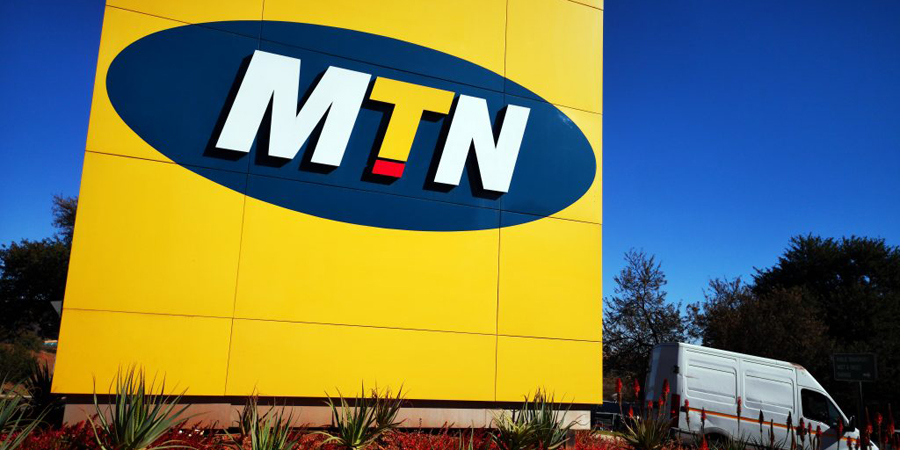
TELECOMMUNICATIONS firm, MTN Nigeria Communications Plc has declared a loss after tax of N519.1 billion for the first half of 2024 as record-high inflation and the naira’s devaluation continue to worsen the country’s operating environment.
The N519 billion losses is coming despite a 32.6 per cent growth in service revenue to N1.5 trillion, according to its financial result for the period ended June 2024.
In the first quarter of the year, MTN declared a loss after tax of N392.7 billion.
READ ALSO: Iconic singer, Onyeka Onwenu dies after performance in Lagos
Commenting on the H1 result, Karl Toriola, chief executive officer of MTN Nigeria, said, “The macroeconomic conditions in Nigeria have been challenging during the period.” MTN noted that it would have recorded a profit after tax of N102.3 billion if not for forex losses.
“The depreciation of the naira between the periods ended December 2023 and June 2024 also resulted in materially higher net forex losses of N887.7 billion (H1 2023 restated: N454.7 billion), arising from the revaluation of foreign currency – denominated obligations,” Toriola stated.
In the report, MTN disclosed that despite barring 8.6 million subscribers during H1, in line with the Nigerian Communications Commission (NCC) directive, “ we managed to limit the decline in our base to 280k, resulting in a 2.9 per cent year-on-year increase in our customers to 79.4 million. This outcome was supported by various initiatives we have deployed to retain affected customers, reduce churn and drive gross connections.”
The firm informed that additionally, it recently barred the remaining subscribers with less than five lines, linked to unverified NIN in compliance with July 31 deadline. However, the NCC subsequently directed operators to reactivate the affected lines to give subscribers more to go through the verification process, and we have complied.
Recall that last week, Airtel Africa, in its financial report for the period ended June 2024, also claimed that naira devaluation, among other challenges dragged its growth. The telecommunications firm’s reported revenue declined 16.1 per cent to $1.16 billion in the second quarter of 2024.
But the firm’s constant revenue grew by 19 per cent driven by 33.4 per cent growth in Nigeria and 22.3 per cent growth in East Africa, respectively.
In the financial report, Airtel, which grew its total customer base by 8.6 per cent to 155.4 million, noted that a substantial increase in fuel prices across its markets and the lower contribution of Nigeria to the Group after the naira devaluation contributed to a decline in EBITDA margins to 45.3 percent from 49.5 per cent in Q1’24 and 46.5 per cent in Q4’24.
Further, Airtel’s profit after tax of $31 million was impacted by $80 million of exceptional derivative and foreign exchange losses (net of tax), arising from the further depreciation in the Nigerian naira during the quarter.
According to the firm, the translation impact of currency devaluation on reported currency results was the primary driver of EPS before exceptional items declining from 3.9 cents in the prior period to 2.3 cents. It stressed that basic EPS of 0.2 cents compares to negative (4.5 cents) in the prior period, predominantly reflecting the $471 million of exceptional derivative and foreign exchange losses in the prior period, compared to $122 million in the current period.
On its operations, Airtel said data customer penetration continues to rise, driving a 13.4 per cent increase in data customers to 64.4 million, adding that dta usage per customer increased by 25.1 per cent to 6.2 GBs, with smartphone penetration increasing 4.7 per cent to reach 41.7 per cent.
The firm reported a mobile money subscriber growth of 14.9 per cent, which it claimed reflected its continued investment into distribution to support increased financial inclusion across our markets.






